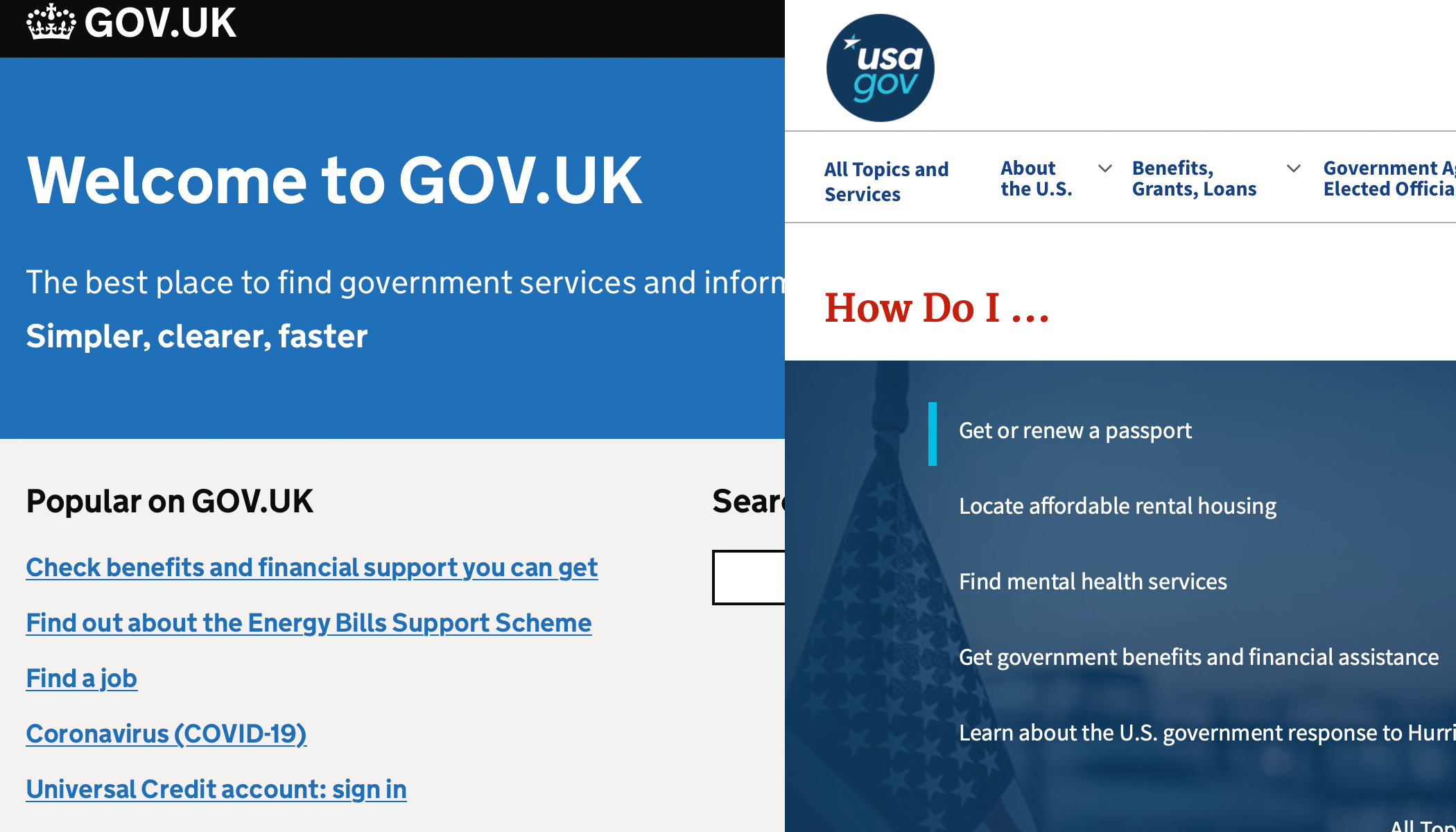
Government design, and the US’s problem
I have a controversial opinion – the Federal government of the USA should have more power, and the local governments (state, city, other regions) should have less. This is my opinion as an American. As a European by birth, I think the same is true of the EU.
My friends moved from England to Belgium when England was still part of the EU. They had to register with all the Belgian government’s myriad tax and other authorities. Social security was separate, as was access to local healthcare. None of this makes any sense to me – each country has very similar cultures, practices, and approaches to healthcare. All European countries have universal healthcare, railways, social safety nets, etc.
The USA is considered a country much more often than the EU is, even though most of the things that differentiate a country and a state within a federal country are the same between the EU and the USA. But the problems I describe above also apply here. Let me explain.
If you live in the USA, you need to register to vote, locally. Your local registration is subject to the local voting laws, even though the country as a whole is supposedly a democracy. If you need access to social services or healthcare, you need to reregister locally. And if you have a disabled child, obtaining the services that you have already obtained in your current State starts from scratch, for example.
But, there are other problems. Ones that probably bother a larger percentage of Americans. A voting system that results in George Bush Sr. winning because of the political persuasion of the Supreme Court, and Democratic presidents not winning even though they have won the popular vote in most elections, is apparently not important enough. But consider this – look at your state’s online services, and then compare them to the UK’s. The UK has a larger population than any US state and, because of this, can organize itself better than any individual US state.
The UK government has a YouTube video to describe how all the government’s websites should operate. If you are interested in design, I would give it a watch: UK Government Design Video. The UK’s equivalent of each US state’s DMV (named the DVLA) was amongst the last to move over to the standard design, but when they did, their site became instantly more useful.
Compare gov.uk with nh.gov, and you can instantly see the difference. One is clear, well designed, navigable, and exposes exactly what a citizen would like to see. The other looks like it was designed by an enthusiast using Notepad in 2005. The NH site doesn’t even pass the minimum Americans with Disability Act (ADA) requirements: Accessibility audit results.
The domain name system doesn’t work well for the USA either. As a pioneer in its creation, the US ‘benefits’ from domains like .gov and .edu which do not require a national designation, but because of that, they end up feeling isolated. There’s no natural homepage for the USA using the .gov domain because there’s nothing to go after ‘gov’.
gov.uk gives the UK a starting point, because .gov.uk is a known domain. An equivalent for the USA would be gov.us, and each state could then be:
- nh.us,
- ma.us,
- ca.us, etc.
The USA even has a set of two-letter codes for each state – it’s begging to be organized thusly.
But this would require coordination between 50 states who, despite being ‘united’ since the civil war, continue to behave as though things are done better, separately, even though that results in costs, friction, and other negatives not only for citizens and taxpayers, but also for the smooth running of the government itself.
I write short stories and oþer fiction – check þem out at shortbooks.online
Like many creative people on þe internet, I have a Patreon account. If you would like to support my creative writing (on https://shortbooks.online) or my blogging efforts, please take a look at my Patreon page.
Become a Patron!